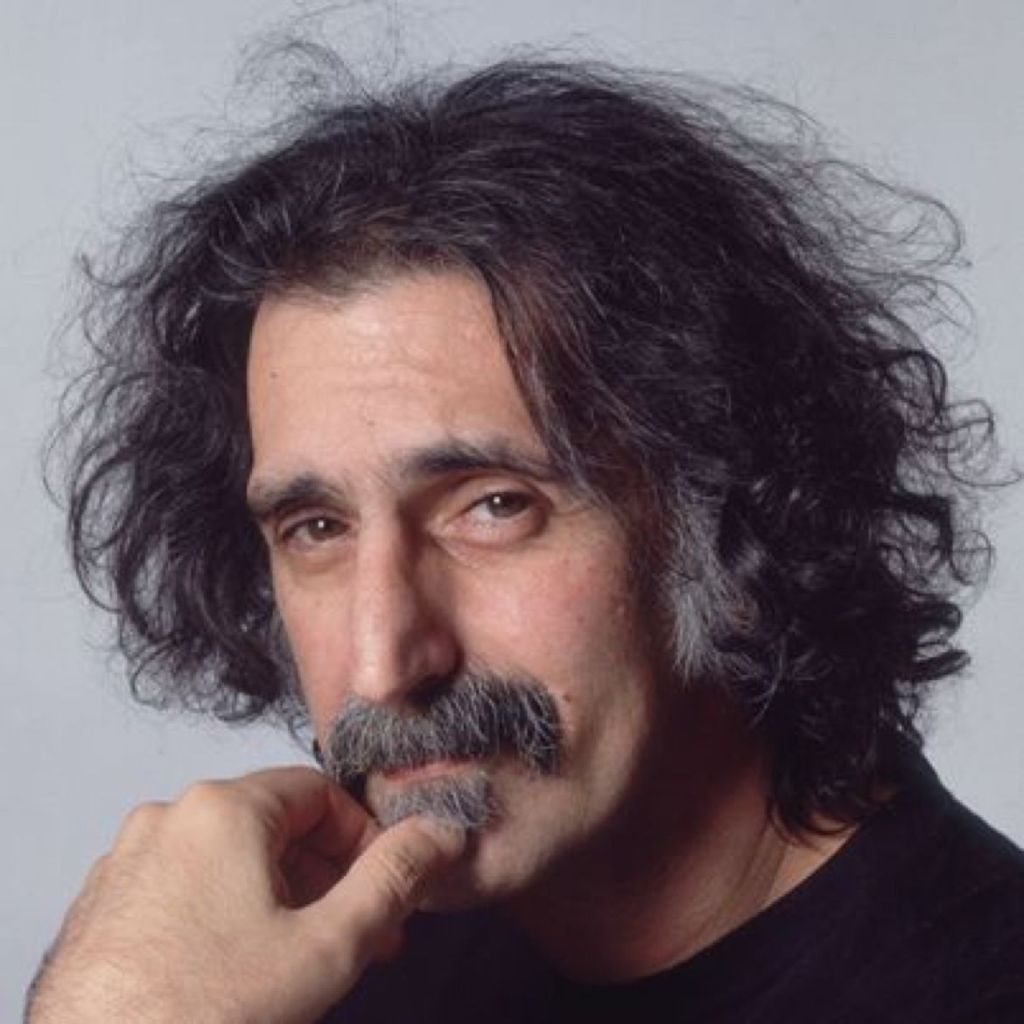San Francisco Contemporary Music Players — RE:visitations
SF Conservatory of Music
Saturday, January 27, 2024
I have often wondered about avant-garde compositions and the limitations of time. Performances are rare for most of these pieces, and the work isn’t simple. Do performers struggle to find the time to do the work justice? Is the problem even worse for a large ensemble? For an orchestra?
Back in January, Eric Dudley (SFCMP Artistic Director) and Steve Horowitz (now an SFCMP director as well) gave a pre-concert talk confirming that the answers are Yes, and there’s no magic formula to get around it.
Frank Zappa’s The Perfect Stranger was the program headliner for the San Francisco Contemporary Music Players that night, in a program titled RE:visitations, and Dudley and Horowitz prefaced the concert by discussing Zappa’s ambitions and methods. Zappa’s bands — the large ensembles with the jazzy horns and heavy doses of improvising — rehearsed something like 10 hours a day and lived together for long periods of time. They worked on the music, and the rewards are evident in the performances.
As Dudley explained, Zappa famously admired the “20th-century” classical masters, beginning with Edgar Varèse, and, despite being a proud iconoclast, yearned to be accepted in their company. He eventually got his wish. The Perfect Stranger: Boulez Conducts Zappa (Angel/EMI, 1984) documented three “serious” Zappa pieces including the title track, alongside some early Synclavier constructions. And the final album released in his lifetime, The Yellow Shark (Barking Pumpkin, 1993), documented a live concert by Ensemble Modern.
Regarding Perfect Stranger, Zappa appreciated Boulez’s dedication but was disappointed that the orchestra didn’t have time to thoroughly work on the music. Dudley and Horowitz said they feel the same frustration: There’s so much great work out there and not enough time to devote to each piece.
My own frustration with time is a lot cushier: There’s more music available than I can absorb, and I don’t have time to study the “serious” pieces as deeply as I’d like. No, that’s not quite it: There was always more music out there than I could handle; it’s just that now, I’m more aware of it, and it’s all more accessible. That’s a happy place to be in, really. For performers trying to champion new music, though, the frustration must be tormenting.
As for the performance itself, The Perfect Stranger was a delight. I had not heard the piece before; it certainly sounds “classical,” slower and more serious than I’d expected, even after the dynamic opening with the doorbell chime (the story behind the song is hidden in there). Fewer moments of levity than you would expect from a prankster god, but it is also replete with Zappaesque licks, especially from the percussion.
Adding to the joy of a live performance is the ensemble’s physical layout, which Zappa’s score specifies: The group is divided symmetrically down the middle, with instruments paired on each side in mirror-image fashion. The two percussionists, whose role is vital and dramatic, were highly visible on the extreme ends of the stage, rather than hidden in the back. We got to see their arrays of instruments laid out on long tables, and watching them prepare for the next bit and wait for their cues helped make the piece absorbing. Down the middle are some of the unpaired instruments — notably harp (Meredith Clark). She got some showcase moments, but it was also easy to track the harp’s “comping” contributions. The visibility mattered.
Immediately before The Perfect Stranger was Boulez’s own Derive I, Dudley having enthusiastically paired the pieces for comparison and contrast. Shared elements included melodic phrases that hung in the air, drifting — but The Perfect Stranger felt more showy, as if laying out a proof that Zappa’s language could fit modern classical music’s idioms.
Derive packed plenty of punch itself, and the smaller ensemble of six made it a bit easier to track individual instruments. Tod Brody on flute started the piece off with dynamic energy, and violinist Hrabba Atladottir was a propulsive force.
I enjoyed the rest of the program too, including two new compositions and a piece by Louis Andriessen that played against short soundless films. It’s all listed at the SFCMP site, and hopefully I’ll find time someday to type up those notes.

I’ve brought nine piano players in seven days to Mitchell Park in Palo Alto: iverson, Sanchez, Fregulia, Conte, Melford, Hall, Simon, Klipple, Honda plus Monday Stivers, Low. Not just a series, a serious.